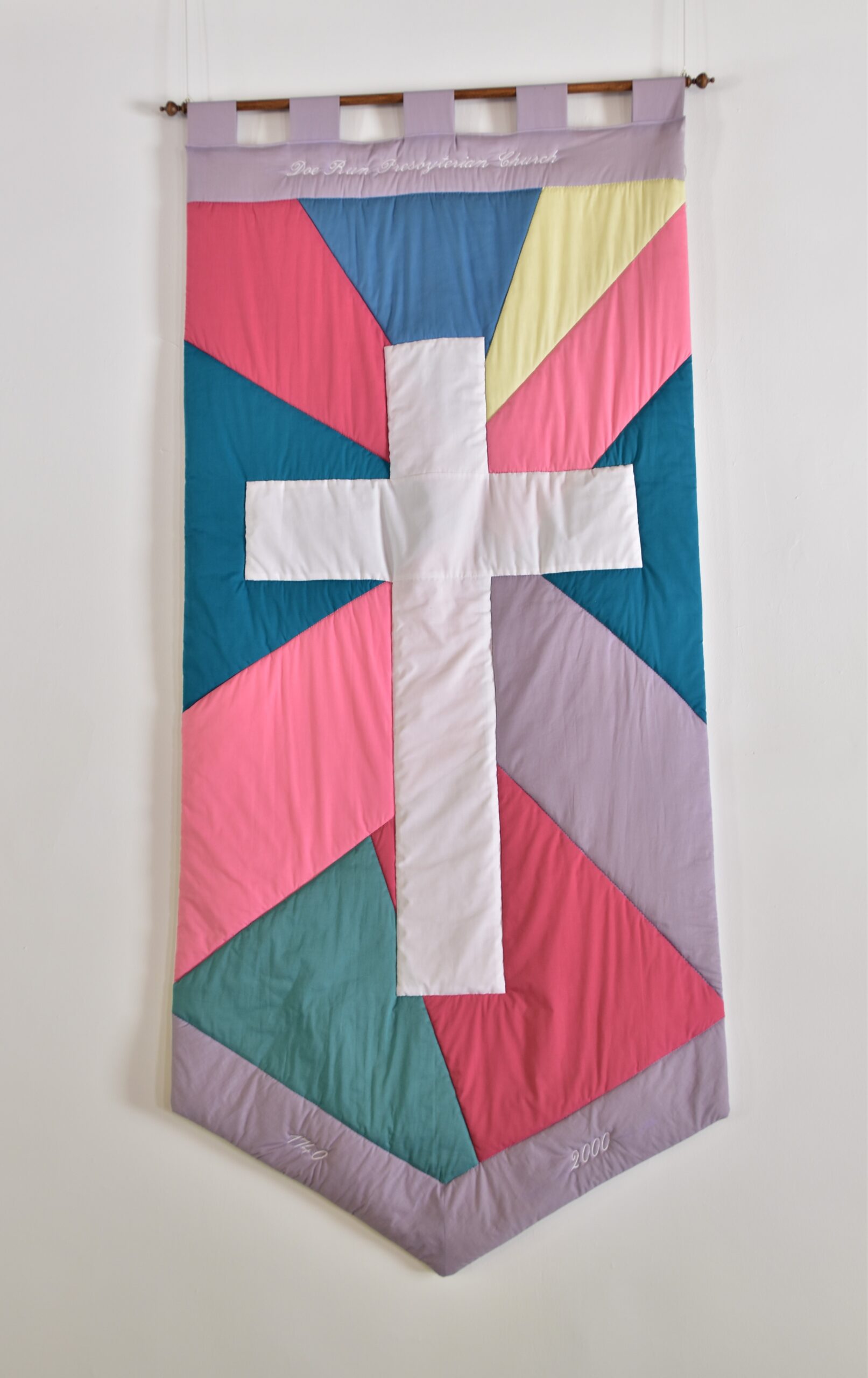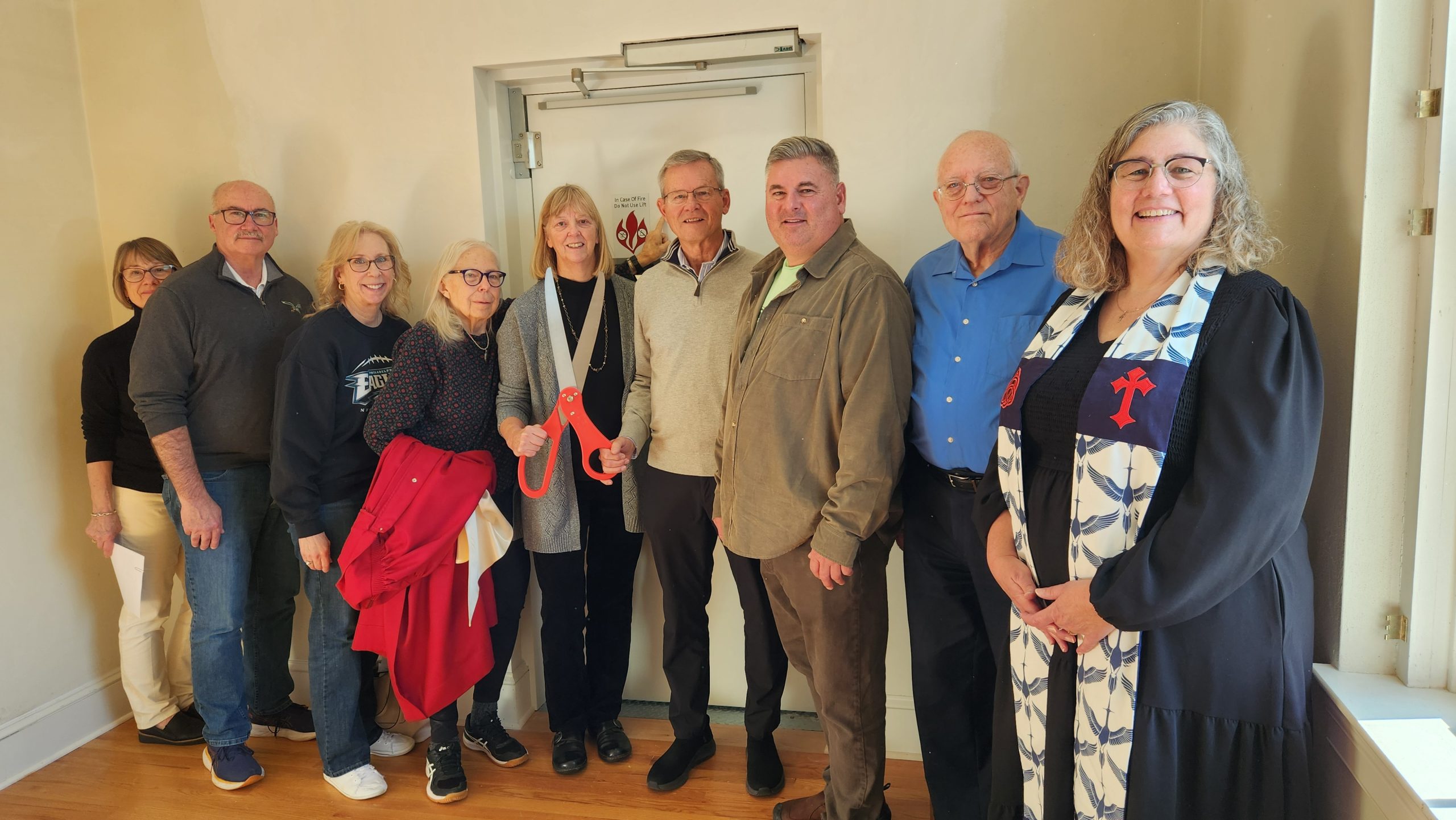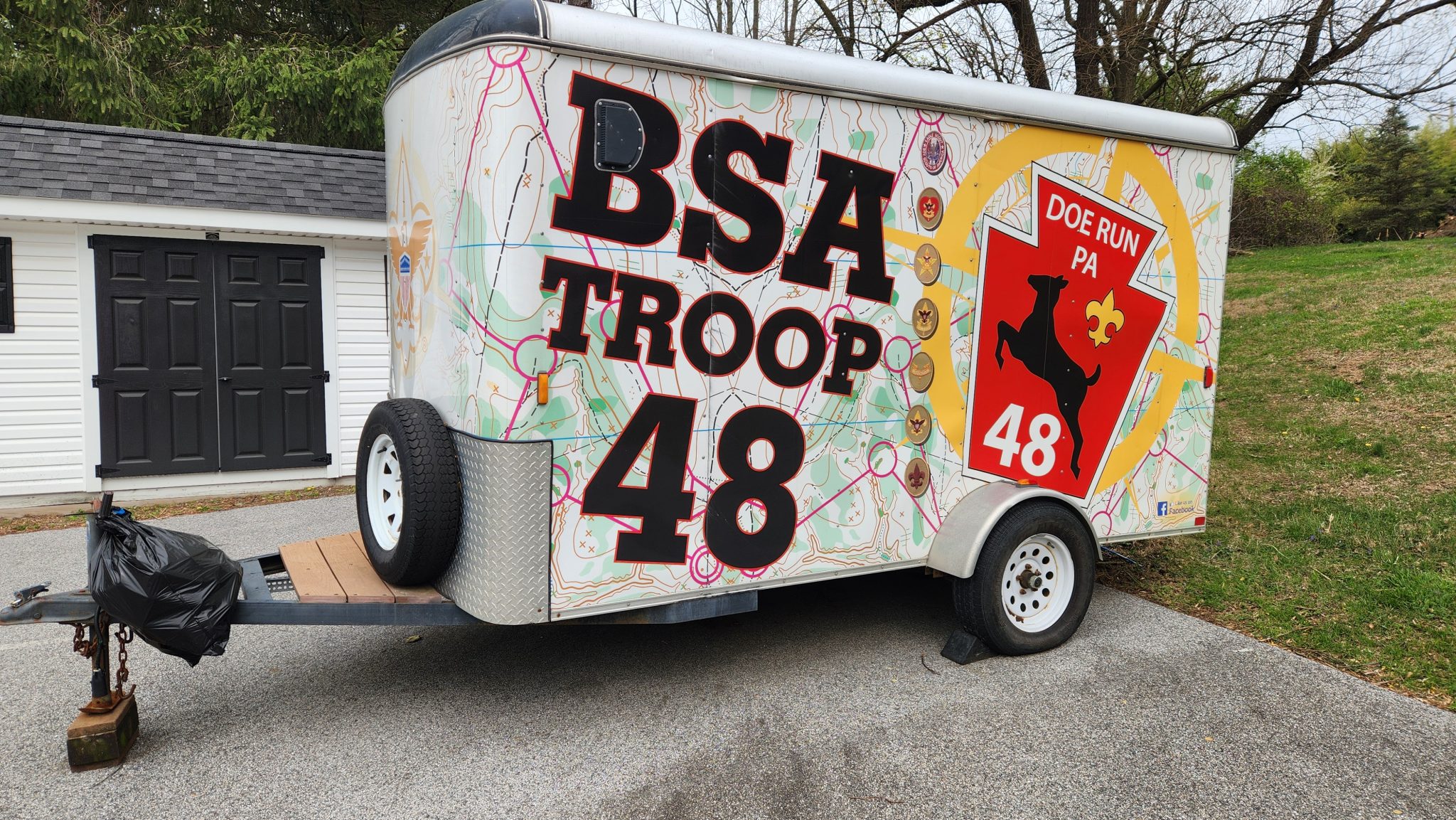You Are Welcome at Doe Run Presbyterian
Doe Run Presbyterian Church is a vibrant group of people who seek to follow Jesus Christ through caring for one another and loving our neighbors as ourselves – always working toward a deeper understanding of just who our neighbor is.




